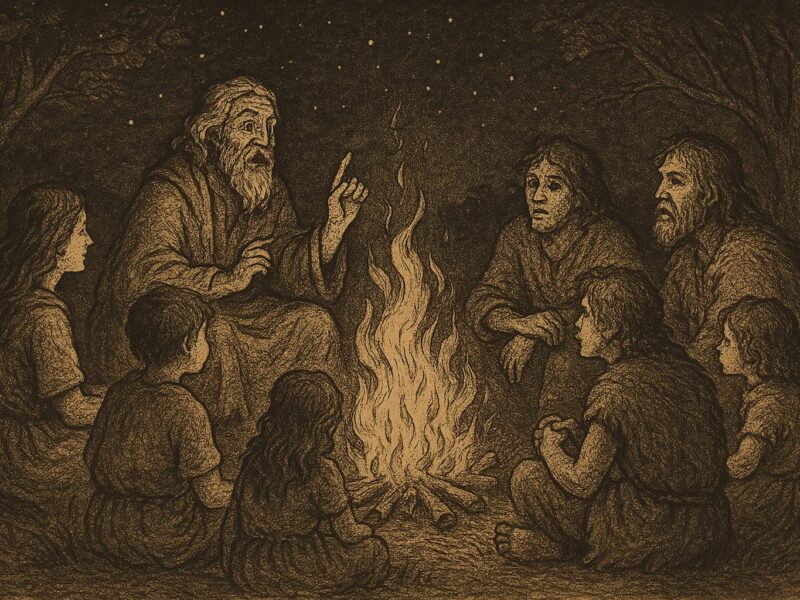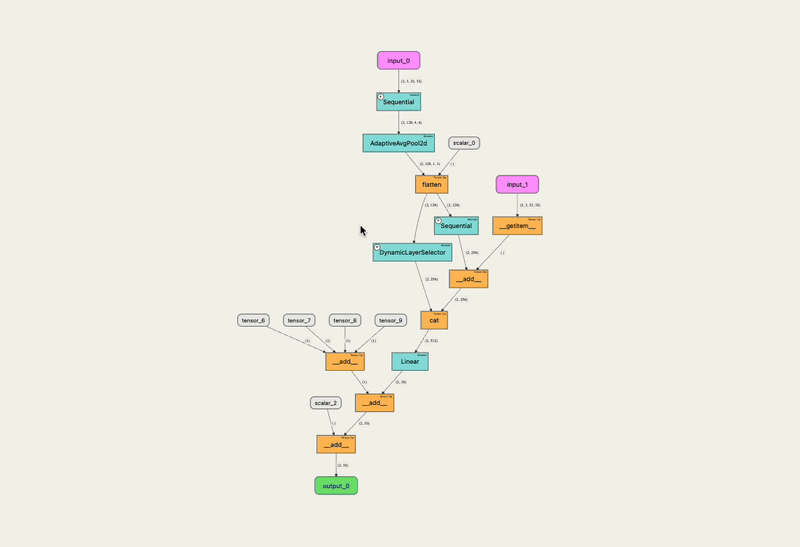AI-generated music recently appeared on Spotify pages of deceased artists, prompting swift removal and raising industry concerns regarding content authenticity and platform responsibility.
The emergence of AI-generated content within the music industry has generated increasing debate. Bands such as The Velvet Sundown and TaTa, entirely composed through artificial intelligence, have contributed to this ongoing discussion. This situation intensified recently when AI-generated songs were published on the Spotify profiles of artists who are no longer living.
One notable instance involved Blaze Foley, a country music singer-songwriter who died almost 40 years ago. A new song titled “Together” surfaced on his Spotify page last week, as reported by 404 Media. Spotify subsequently removed the song for violating its deceptive content policies. A Spotify spokesperson informed Mashable that these policies prohibit impersonation intended to mislead, including replicating a creator’s name, image, or description, or deceptively posing as a person, brand, or organization.
Prior to its removal, 404 Media noted that “Together” displayed characteristics typical of a Foley song, featuring a male country singer, piano, and electric guitar, and sounding like a “new, slow country song.” The song’s page also included an AI-generated image of a man singing into a microphone, which did not resemble Foley.
Craig McDonald, owner of Lost Art Records, Foley’s music label, stated to 404 Media, “I can clearly tell you that this song is not Blaze, not anywhere near Blaze’s style, at all. It’s kind of an AI schlock bot, if you will. It has nothing to do with the Blaze you know, that whole posting has the authenticity of an algorithm.”
Blaze Foley is not isolated in this issue. According to 404 Media, AI-generated music also appeared on the Spotify profile of Guy Clark, a Grammy-winning country singer-songwriter who passed away a decade ago. Similar to the situation with Foley, the image used for Clark was AI-generated and reportedly did not resemble the artist.
A spokesperson for Spotify issued a statement indicating the platform’s intent to “take action against licensors and distributors who fail to police for this kind of fraud and those who commit repeated or egregious violations can and have been permanently removed from Spotify.” Music writer Ted Gioia, writing in his Substack, commended Spotify’s rapid response to the issue. However, some Spotify users expressed concerns regarding the platform’s overall urgency in addressing AI-generated music. On a Reddit thread discussing the matter, one user reported finding three AI-generated songs in their Discover Weekly playlist, while another suggested that Spotify implement an “AI filter” immediately.
Spotify currently employs a defensive approach, removing songs or albums that deceptively utilize AI upon discovery. However, the platform does not currently feature a specific tag to identify AI-generated music, a feature many listeners desire. Spotify has not yet provided clarification on its method for identifying AI-generated music or any plans to add a tag for AI-generated content.
The Guardian recently reported that while streaming services like Spotify are not legally obligated to identify AI-generated music, many listeners and music professionals are advocating for government intervention. The goal of such intervention would be to ensure that consumers are aware of the extent to which AI was used in the creation of the music they stream.
Sophie Jones, Chief Strategy Officer at the British Phonographic Industry (BPI), articulated the organization’s position to The Guardian: “We’re calling on the UK government to protect copyright and introduce new transparency obligations for AI companies so that music rights can be licensed and enforced, as well as calling for the clear labelling of content solely generated by AI.” This ongoing dynamic between AI and streaming services continues to affect both fans and musicians.

